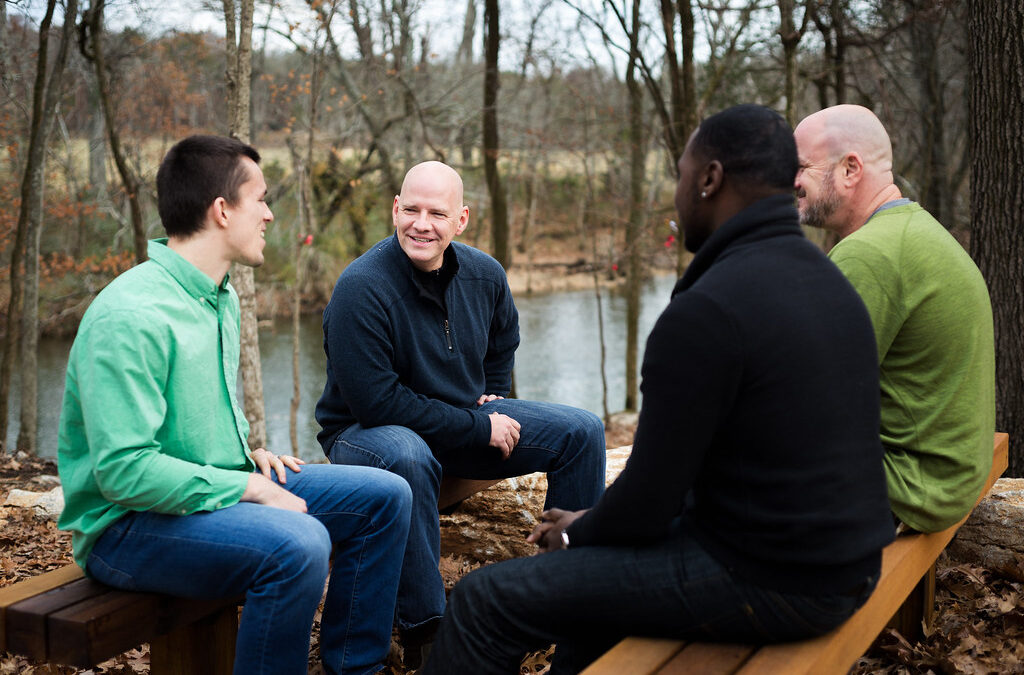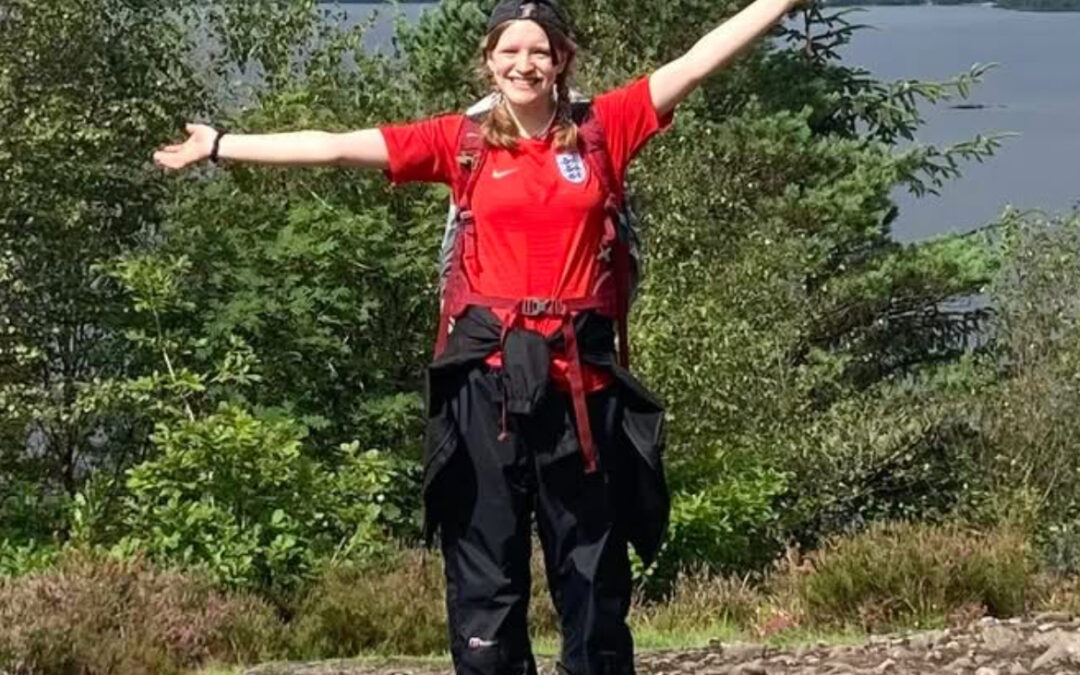Where funds lower, volunteers rise – how community members have pulled together to sustain a centre that’s so much more than a building to its members, and volunteers.
Community support and volunteering
John is a pensioner who lives alone and has volunteered at the centre since before the pandemic. He maintains the allotment and garden, keeping the space welcoming for the community. For John, the centre is his main social contact. His involvement shows how volunteers and members support each other in a mutually beneficial way.
“This place provides me with the opportunity to meet new people. It’s such a vital community pillar, and if it were ever to shut down, it would be utterly detrimental. This is an outlet for people who otherwise might be restricted at home. It can’t be put into words how important the community centre is to people of an older generation especially.”
Challenges and volunteer efforts
The Molesey Centre for the Community volunteers have stepped up to support its members. They have expressed frustration about what the Friends of Molesey Centre call “poor” funding and “unnecessary” and “harmful” temporary closures. The Council said these closures were “health and safety intervention,” but this has been questioned by volunteers and members.
ONS data shows around 1.4 million people aged 50+ experience chronic loneliness. This isolation worsens health, leading to higher rates of physical and mental decline. Those affected face a 26% higher risk of death. Dementia, which affects about 850,000 people in the UK, adds to isolation as cognitive decline progresses. The COVID-19 pandemic has made things worse, especially for those without digital access.
Closures, fewer opening hours, and growing privatisation threaten elderly members’ quality of life. Volunteers often fill the gaps, providing essential services and pushing the Council to meet its responsibilities.
“I cannot see the justification for the closures we were given. It’s my opinion that it was down to money as to why they chose to close it for such a long time last year. This, alongside the move down to four days per week has had such a detrimental effect on the health of these people. To the extent that I even saw changes in my Dad, who’s a member here. He was depressed; there’s no other word for it. It’s not an exaggeration to say that, since the temporary closures, there’s people that are not here anymore.” — Tracey Melson, chairperson of the Friends of Molesey Centre Charity.
In March, despite protests, neighbouring Thames Ditton Community Centre was taken over by Vital Village Community Interest Group. Conservative Councillor John Cope said:
“Despite Elmbridge charging one of the highest council taxes in the country and getting extra money from the government, the Council seems hellbent on closing all our local community centres, or in the case of Thames Ditton giving it away to a private company. It’s a lifeline they are ripping away from our most elderly and vulnerable residents.”
If you’re interested in this story, check out the group taking the fight to social isolation in South Yorkshire here.
Fundraising and renovations
Despite these setbacks, volunteers have fundraised, baked, brewed, and renovated to keep the centre lively. Their Christmas fair raised £2,600. Catherine Smith runs a year-round clothes stall selling clothes for as little as £1. This raised £260 in the last two months.
“It [the centre] is so important for me and these people here. For instance, I live alone, and this place is an opportunity to come and talk to people. We also see the problems for what they are on the ground and how, for example, the outdoor area has recently been transformed. This place has been revitalised since more and more volunteers have joined. John is the only person who volunteered pre-COVID who is still volunteering here, but there have been so many new faces of all ages who have come to help.”
Tracey’s 20-year-old son Owen also helps renovate the garden. He works full-time as a swim instructor and volunteers on Fridays.
“As my grandad is a member here, and I, alongside the rest of my family, could see the standard of care for what it was, I wanted to help. It’s important to me that as someone that is physically able, I can support the elderly community by helping with the more strenuous tasks, such as turning the garden around.
It took a lot of work to source the flowers in an affordable way, I spent a lot of time talking to garden centres asking for donations to help make the garden as welcoming as it is.
What we’ve been able to provide is a comfortable and relaxing environment where people can sit and chat with each other. Hopefully, it will feel like they’re sitting in their garden. This is why we put this work in, to make this place their own. It’s important for us as young people to support the community as best we can.”
Rising costs and impact on members
The cost to attend the centre is rising. Membership went from £21 to £25 per year. Transport costs doubled from £3.50 to £7 per day. Exercise classes that were once free now cost £2 per session.
“It’s getting so costly for them to come that there are people who cannot attend anymore, which is particularly worrying. We do as much fundraising as we can to subsidise the cost to the members.” — Tracey Melson
Members, many without family support, shared how important the centre is to them.
“I need this place. It is like a second home for me; the people here are so friendly and make me feel welcome.”
“I don’t know what I would do if it shut down. There is no space for people like us anymore, and I wouldn’t know where to go. I don’t drive, so I can’t go into Kingston, and I would lose a lot of my motivation to do anything with myself.”
“This is my family.”
“It makes me get out of the house, and I get to see people, not only old people like myself but the much younger volunteers.”
“Especially after COVID, getting out of the house was quite difficult. Having something like the centre motivates me to get out to see and talk to different people.”
Volunteers’ dedication and community impact
Volunteers’ work may go unnoticed by some, but those who visit the centre feel its impact. The volunteers act out of justice, community, and camaraderie despite challenges. They offer warmth, hot meals, and tea, but most importantly, dignity. “It’s a two-way exchange in terms of social interaction. As a result of my involvement here, my friendship group has grown and developed.”
“Remember, they’re not old people, they are people that have lived.” – Tracey Melson



